Andrew (Drew) Fox
Co-PI (Core Leadership)
University of California, Davis
Andrew Fox, PhD, is an Assistant Professor of Psychology at the University of California, Davis, and a core scientist in Neuroscience and Behavior at the California National Primate Research Center. He received his PhD from the University of Wisconsin-Madison, where he continued his postdoctoral training in the Department of Psychiatry. He has over 15 years of experience working with non-human primates to elucidate the neurobiology that underlies the development of brain-based disorders. His lab strives to integrate across methodologies and scale to gain neurobiological insights, and has incorporated data from, automated behavioral analysis, non-invasive brain imaging (e.g., MRI, PET), whole-genome sequencing, single-nuclear RNA-seq,, and viral-vector manipulations, among others. This extensive experience with primate models sets the stage for ongoing Parkinson’s-relevant research using cutting-edge methodologies. The Fox lab’s integrative approach to primate neuroscience is focused on a refined of understanding of the primate brain that bridges across molecular, systems, and behavioral neuroscience.
Teams
Themes
Tags
Recent ASAP Preprints & Published Papers
Adeno-associated viral vectors for functional intravenous gene transfer throughout the non-human primate brain
Advances in AAV technology for delivering genetically encoded cargo to the nonhuman primate nervous system






